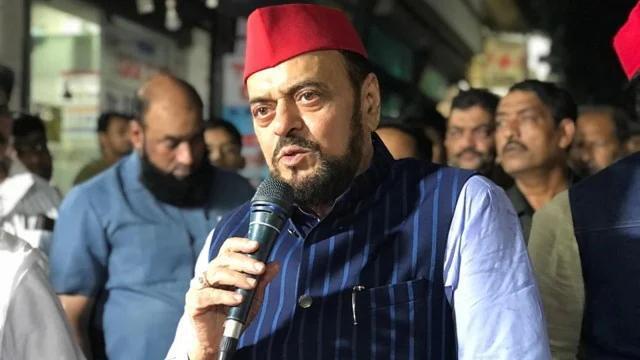
Caste Census Should be Conducted with Complete Honesty: Abu Azmi
The Indian government’s recent decision to include a caste census in the next general census has sparked a mixed reaction from various quarters. While some have hailed the move as a step towards promoting social justice and equality, others have expressed concerns about the potential misuse of the data. Amidst this backdrop, Samajwadi Party (SP) leader Abu Azmi has urged the Centre to conduct the caste census with complete honesty and transparency.
In an interview, Azmi emphasized that the census should start as soon as possible, but there should be no wrongdoing or manipulation of the data. He attributed the government’s decision to include a caste census to the efforts of his party’s leader, Akhilesh Yadav, and Congress leader Rahul Gandhi. Azmi’s comments come at a time when the government is yet to finalize the details of the census, including the methodology and the timeline for its conduct.
The inclusion of a caste census in the next general census is a significant development, as it will provide a comprehensive picture of the social and economic status of various communities in the country. The last caste census was conducted in 1931, and since then, there have been numerous demands for a fresh census to update the data and provide a more accurate representation of the socio-economic landscape of India.
The caste census is expected to have far-reaching implications for various aspects of Indian society, including education, employment, and healthcare. It will also provide valuable insights into the social and economic disparities that exist between different communities, and help policymakers design targeted interventions to address these disparities.
However, the conduct of a caste census is also fraught with challenges. One of the major concerns is the potential misuse of the data, particularly by political parties seeking to gain electoral advantages. There is also a risk of underreporting or misreporting of data, which could compromise the accuracy and reliability of the census results.
Azmi’s call for conducting the caste census with complete honesty and transparency is therefore timely and pertinent. The government must ensure that the census is conducted in a fair and impartial manner, and that the data collected is protected from misuse and manipulation.
In recent years, there have been several instances of caste-based violence and discrimination in India, which have highlighted the need for a more nuanced understanding of the social and economic dynamics of the country. The caste census is expected to provide valuable insights into these dynamics, and help policymakers design more effective strategies to promote social justice and equality.
The SP leader’s comments have also sparked a debate about the role of political parties in promoting social justice and equality. While some have criticized the SP and Congress for politicizing the issue of caste census, others have argued that political parties have a crucial role to play in promoting social justice and equality.
In conclusion, the inclusion of a caste census in the next general census is a significant development that has the potential to promote social justice and equality in India. While there are challenges associated with the conduct of a caste census, it is essential that the government ensures that the census is conducted with complete honesty and transparency. As Azmi has emphasized, the census should start as soon as possible, but there should be no wrongdoing or manipulation of the data.






